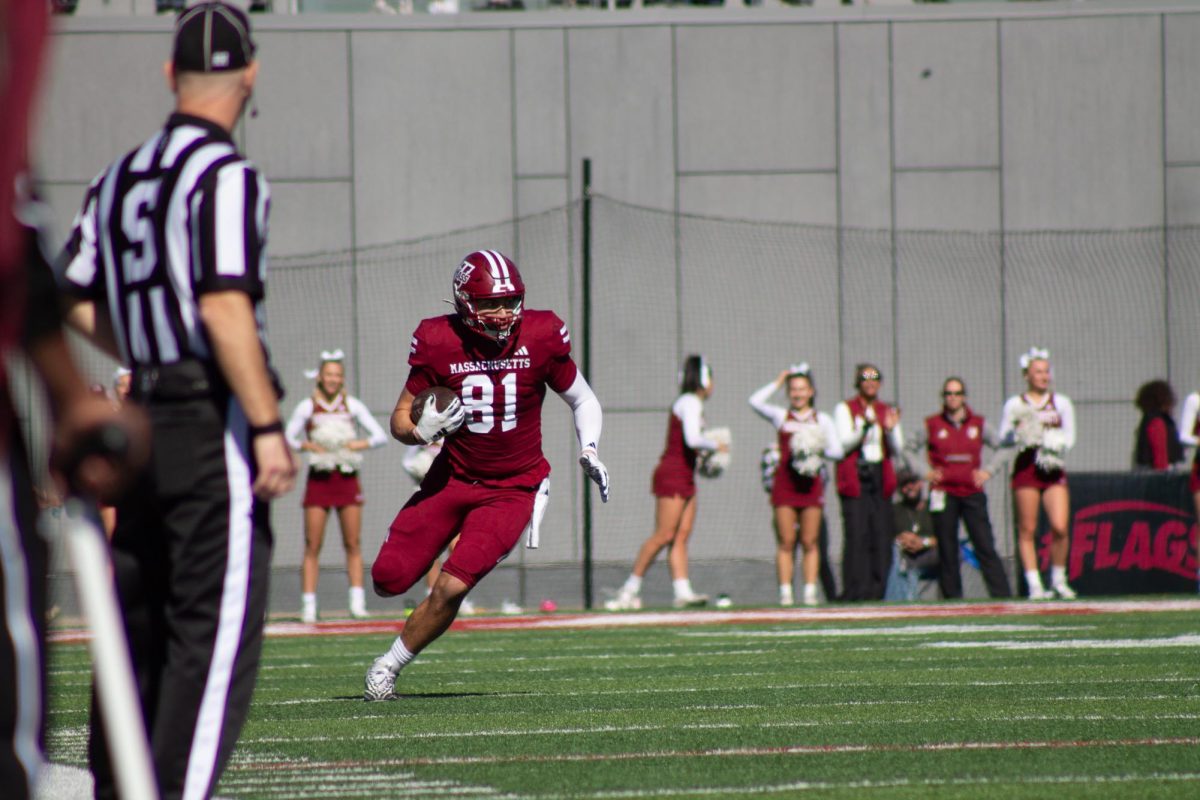BOSTON – Bills being considered by the House and Senate would cap tuition and other fee increases at the state’s public colleges, where charges have nearly doubled in the past six years.
“Our student charges are off the chart because the Commonwealth hasn’t stepped up to the plate to provide what it should be for funding,” said Sen. Stanley Rosenberg, D-Amherst.
Tuition and fees have risen 92 percent at the University of Massachusetts since the 2001-02 school year to an average of $9,000 this year, according to the state Higher Education Board.
Tuition and fees at the nine state colleges have climbed 98 percent to an average of $5,855 this year, while they have climbed 55 percent at 15 community colleges to an average of $3,526 this year in the same span, according to board statistics.
Some state leaders have been expressing concern public higher education is becoming too expensive.
The Senate proposal would limit future increases to the three-year average of the consumer price index, which was about 3.2 percent last year.
The House version calls for freezing tuition and fees in years when the state meets its funding obligation for public higher education, but allowing increases when funding falls short, up to the average increase of the higher education price index. That index, 5 percent this year, gauges the annual cost of running a college.
The cap proposals are part of larger House and Senate bills that would provide an additional $400 million over the next seven years to help build endowments and hire more faculty at public colleges and universities.
The Joint Committee on Higher Education met Tuesday to work on a compromise.
Under both bills, colleges can appeal to the state Higher Education Board to approve increases above the caps.
In exchange for imposing the cap, the Legislature will allow colleges to keep tuition money instead of sending it to the state, something they have long sought.






